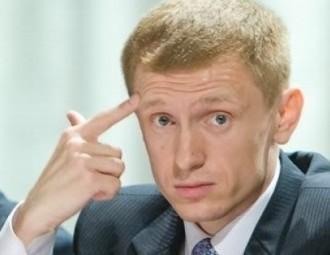Aliaksei Janukevich has been denied registration of two nomination groups

Election commissions used the recently amended Electoral Code.
Aliaksei Janukevich, leader of the Belarusian Popular Front (BPF), and Ales Lahvinets, deputy chairperson of the Movement for Freedom, have been denied an opportunity to gain access to the ballot in this March’s election for the Minsk City Soviet through the collection of voters’ signatures.
Earlier this month, each of the politicians had his applications for the registration of nomination groups rejected by two district election commissions. The nomination groups would have collected voters’ signatures, BelaPAN informs.
Both politicians had planned to have their nomination groups registered in two electoral districts. The district election commissions said that it was against the law and denied the groups registration for this reason.
Under the recently amended Article 60 of the Electoral Code, a person may seek access to the ballot in a local election only in one electoral district.
Mr. Janukevich accused the authorities of interpreting the Electoral Code in their favour and further restricting opposition forces’ opportunities for reaching out to voters. “The authorities seek to prevent local elections from turning into a full-fledged nationwide political campaign,” said the politician, adding that he would appeal the registration denials to higher-level election commissions and, if necessary, to a court. The BPF leader said that he would still seek access to the ballot, this time through nomination by his party.
Mr. Lahvinets echoed the opinion and said that he would also appeal the registration denials.
-
03.01
-
07.10
-
22.09
-
17.08
-
12.08
-
30.09








































